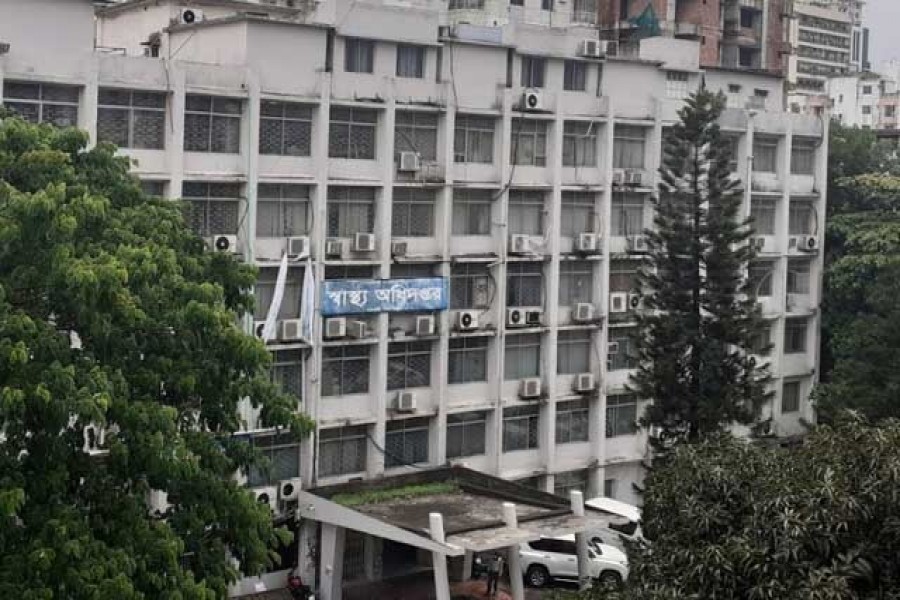On the first day of the second round of crackdown on unlicensed hospitals, clinics and diagnostic centres, 92 such facilities were sealed off. After the first round of the drive in May-June, the health establishments that failed to avail of the opportunity of the grace period of almost three months for getting fresh licences issued and expired licences renewed, are the targets of this crackdown. For the first time, the authorities have given an impression that they mean business. In the first round of drive, 1,641 illegally run health centres were shut down. Against this, the government issued licences to 1,489 and renewed licences of 2,930 health facilities. However, the health directorate, as an additional director general at the Directorate General of Health Services (DGHS) admits, is yet to gather information for preparation of an authentic list of the country's unlicensed or illegal healthcare providers.
This is an indication that the healthcare system is far from getting streamlined. There are ubiquitous facilities operating all across the countries providing substandard and at times wrong diagnosis and treatment, which the DGHS is unable to discipline. The reason behind this, as cited, is its manpower shortage. However, what is less known is the irregularities that have been allowed to mount over the years and decades and also the involvement of a section of the employees and officials of the DGHS in the malpractice. The country has remarkably advanced in building its healthcare system. Now the excuse that the DGHS cannot monitor medical malpractices all over the country should no longer be entertained. Money spent on different less important heads and the unearned income by some members of its staff (for example a driver who amassed fabulous amount of wealth) show there should not be shortage of fund for such recruitments. Also, illegal clinics, hospitals and diagnostic centres are mostly concentrated in the large cities and other urban centres. So, if there is seriousness of purpose, proliferation of the fake and unapproved health facilities can be reined in.
If past experiences are any guide, the impersonating physicians often perfected the art of medical commercialisation and a few of them were caught hold of in their criminal act. But wonder of wonders, after their short term of imprisonment they came out to run once again illegal healthcare facilities as before. This certainly calls for more stringent punishment with longer terms of imprisonment. But in the first place, if the DGHS has a number of monitoring roving teams to regularly keep watch on such establishments, this illegal health business can be nipped in the bud.
This time the DGHS initiative looks promising but there is no guarantee this will hold good unless the range and scope of this drive is extended. One thing is clear that minting money is the objective of most of the private initiative for healthcare delivery. Quality healthcare is hardly any concern. It is because unqualified physicians perform medical services they are not entitled to. Medical facilities must not be allowed to operate unless the DGHS are satisfied with the required staff and equipment. Here integrity of the licence-issuing authority has to be unquestionable and if possible the criteria should be verified by an independent medical commission constituted for the purpose.


